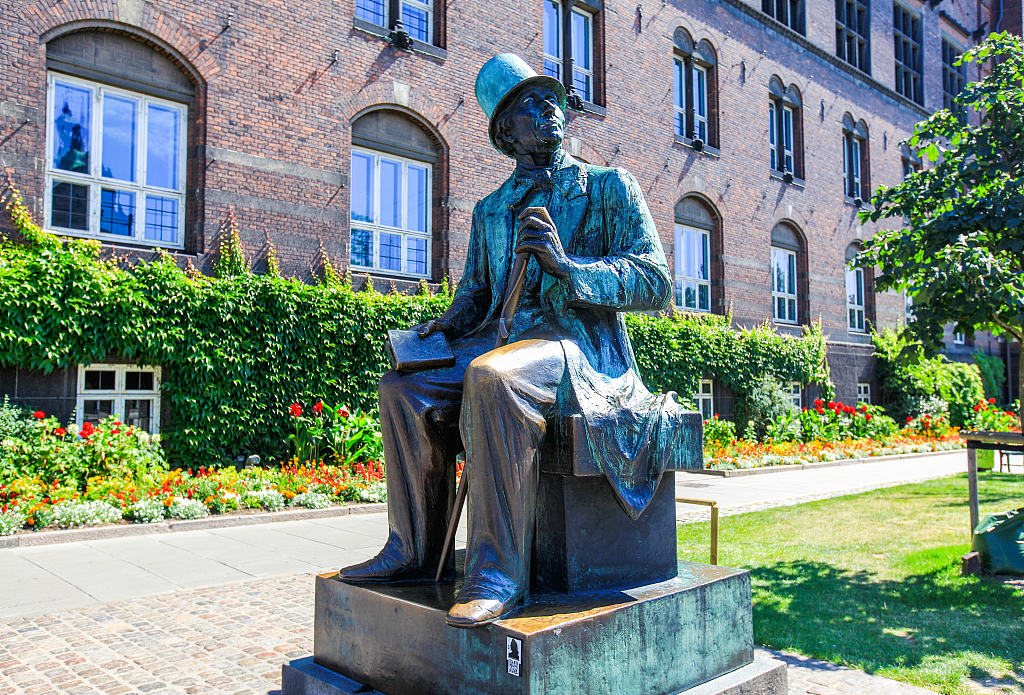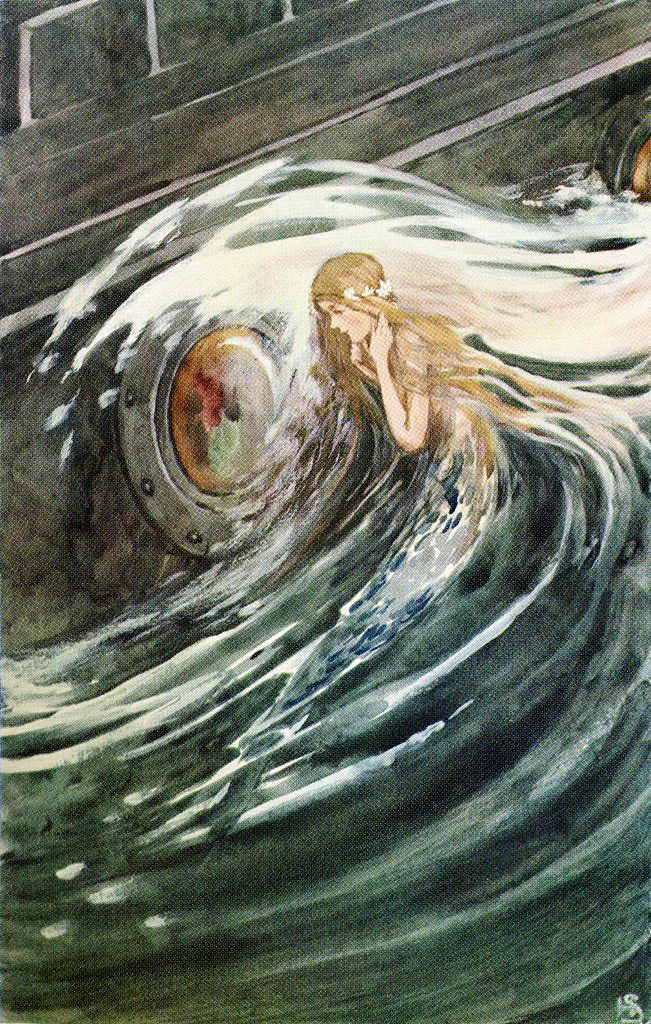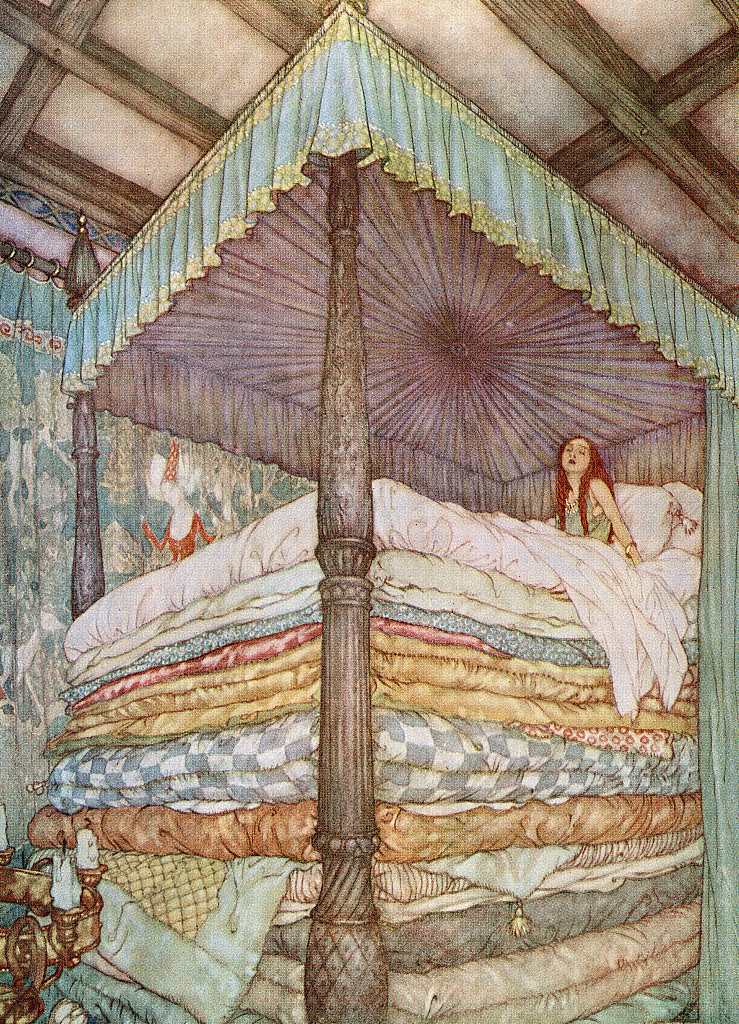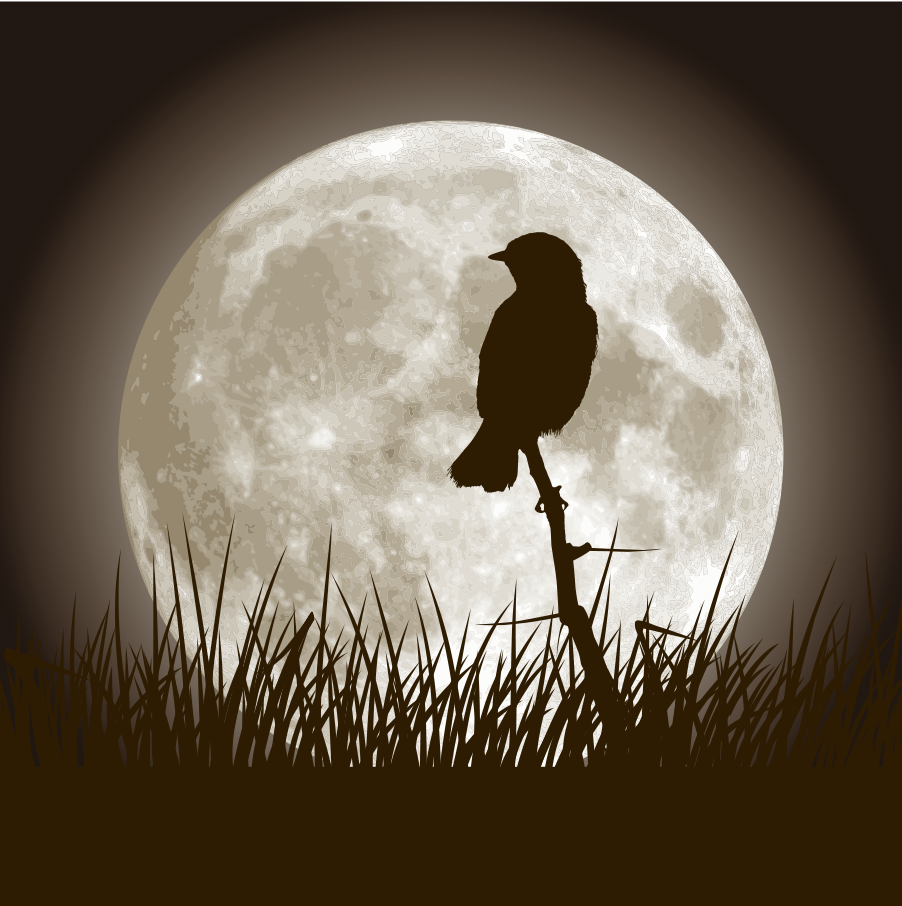
A statue of Hans Christian Andersen in Copenhagen, Denmark. /CFP
A statue of Hans Christian Andersen in Copenhagen, Denmark. /CFP
On April 2, 1805, Hans Christian Andersen was born. The Danish master of the literary fairy tales – who brought the dazzling world of mermaids, ballerinas, emperors, kings and animals to innumerable children's bedsides – witnessed his fabulous stories achieve worldwide renown. Since 1967, the birthday of Denmark's most famous storyteller has been commemorated as International Children's Book Day (ICBD) to "inspire a love of reading and to call attention to children's books," according to the International Board on Books for Young People (IBBY).

A colored illustration of Hans Christian Andersen's fairy tale "The Little Mermaid." /CFP
A colored illustration of Hans Christian Andersen's fairy tale "The Little Mermaid." /CFP
In the imaginative diversity of this striking genius, where the spirituality and universality of wisdom glowed beneath his words full of sly humor and deliberate simplicity, some of his tales are set in Denmark, while others take place elsewhere, such as "The Nightingale," which takes place in ancient China and recounts the story of a Chinese emperor and a nightingale.

A colored illustration of Hans Christian Andersen's fairy tale "The Princess and the Pea." /CFP
A colored illustration of Hans Christian Andersen's fairy tale "The Princess and the Pea." /CFP
The story has it that: Once upon a time an emperor who lived in a great palace made entirely of fine porcelain and surrounded by a beautiful, far-extending garden in China, read about a magnificent bird called a nightingale that had been praised as the best thing in all his empire. He asked his court to find the magnificent bird and bring it to him. The first time he heard the singing of this little grey bird, the emperor burst into tears, falling in love with its beautiful song, and made the bird stay at court.

A silhouette of a nightingale. /CFP
A silhouette of a nightingale. /CFP
One day, the emperor was gifted a bejeweled mechanical bird. As this artificial bird quickly captured his attention, the real bird left the emperor and flew back home. A few years later, the emperor fell gravely ill. Cold and pale he lay in his great magnificent bed with Death arriving at his bedside, prompting the courtiers to leave and pay homage to his successor. He wanted to hear the singing of his precious little golden bird, but there was no one there to help him wind up the mechanical nightingale.
Breaking the deadly quiet was a burst of song coming through the window, as the little live nightingale had heard of the emperor's plight and came to whistle songs of comfort and hope. The bird's charming singing delighted Death, and Death departed.
"How can I repay you?" asked the emperor.
"You have already rewarded me," said the nightingale. "I brought tears to your eyes when I first sang for you. To the heart of a singer those are more precious than any precious stone."
After helping to restore the emperor's health, the bird refused the emperor's invitation to live in the palace, saying "I love your heart better than I do your crown, and yet the crown has been blessed too. I will come and sing to you, if you will promise me one thing."
"All that I have is yours," cried the emperor.
"One thing only," the nightingale asked. "You must not let anyone know that you have a little bird who tells you everything; then all will go even better."
And away the bird flew.